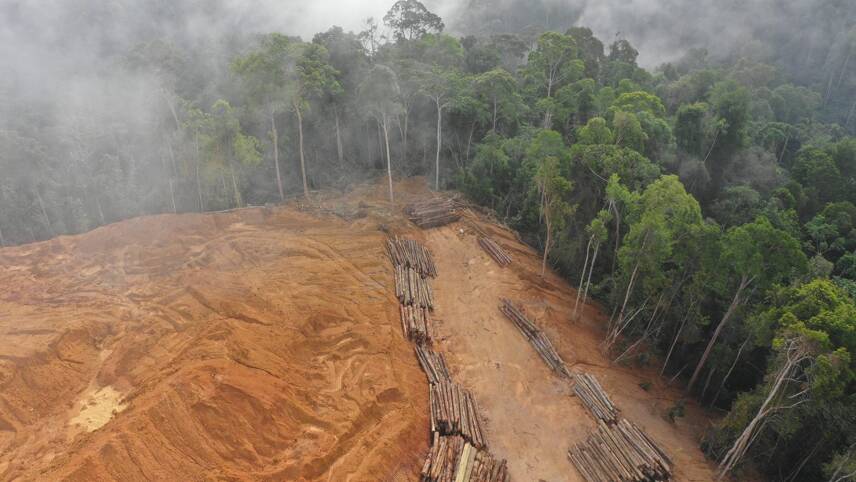Register for free and continue reading
Join our growing army of changemakers and get unlimited access to our premium content

CDP does welcome that more than 1,000 companies are reporting data. This represents a 300% increase over the past five years
The ’Global Forests Report’, published on Tuesday (24 May) by CDP and the Accountability Framework Initiative, assesses the disclosures made through CDP by 675 companies. These firms are disclosing environmental data through CDP annually in some shape or form, and all either produce or source one or more of the world’s seven commodities with the highest supply chain deforestation risk. – namely timber, palm oil, beef and leather, soy, rubber, cocoa and coffee.
CDP has expressed concerns that just one-third (36%) of these companies have publicly announced no-deforestation or no-ecosystem conversion policies. CDP and the Accountability Framework Initiative only class one-third of these targets – so targets set by just 13% of the overall cohort of businesses – as aligned with good practice.
Without the greater adoption of such pledges, and accelerated action to deliver them, the report warns, the global commitment made at COP26 to ending deforestation by 2030 will be undermined by corporate action. This, in turn, will make it more challenging to deliver global ambitions on biodiversity and climate.
The report does reveal some positive trends toward supplier engagement on deforestation in the supply chains of these seven commodities. Two-thirds of the companies are engaging with their Tier One suppliers to manage and mitigate deforestation risk, while half of all traders, manufacturers and retailers are also engaging with indirect suppliers.
However, this engagement has not always led to the collection of robust data. Almost four in ten of the companies report having no information about origins for at least half of their commodity volumes. Almost three in ten report having no traceability system for at least one commodity that they source.
Without full traceability, the report explains, many companies find it challenging to measure their forest-related financial risk. Just 211 of the 675 companies assessed have disclosed this risk, which equates to $79.2bn. Provided that the level of risk is similar across this cohort of companies, their total risk could be in excess of $240bn. Across the spectrum of supply chain risks relating to deforestation, water scarcity and climate change, CDP last year warned that big businesses face $120bn of risk crystallising by 2026.
A lack of traceability also makes it challenging for businesses to identify breaches of policy and intervene where necessary. Only one-quarter of the companies assessed report having a monitoring system to assess compliance with no-deforestation and no-land-conversion policies.
The report also highlights how, in many cases, suppliers are not receiving the support they need to tackle deforestation on the ground. Only 25% of companies assessed are providing technical or financial assistance to direct suppliers, and just 22% are providing these resources to smallholders further down their supply chains. One 2019 study found that most smallholder cocoa farmers would need to see their income double in order to be deemed as earning a ‘living income’, meaning they are ill-prepared to make their own investments on their farms.
The Accountability Framework Initiative’s director Jeff Milder said: “As this report highlights, attention around eliminating commodity-driven deforestation has rightly shifted beyond commitments to focus on action. While we find major gaps in areas such as traceability, supplier engagement, and monitoring, the progress achieved by leading companies shows us that transforming business to address deforestation risk is well within reach.”
Milder, who is also Rainforest Alliance’s director of global policy and coalitions, added: “The bar is not set too high: by scaling up the adoption of known solutions, we can go far toward reaching it on an industry-wide basis.”
In summary, the report calls for companies to increase the scope of their anti-deforestation commitment and grow the scale of their actions. They must also ensure more rigorous implementation and better traceability and remediation systems.
CDP CEO change
Earlier this month, CDP confirmed that its chief executive Paul Simpson, who has been in his post for 12 years, will be stepping down in June.
Simpson was one of four professionals to have co-founded the not-for-profit in 2002. He has played a key role in growing CDP to the point that, by the end of 2021, more than 680 investors and 13,000 companies had signed up to use its platforms.


Please login or Register to leave a comment.